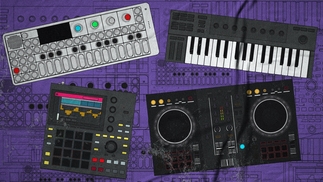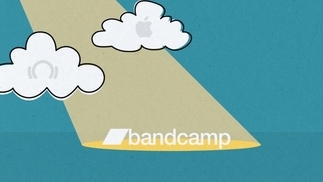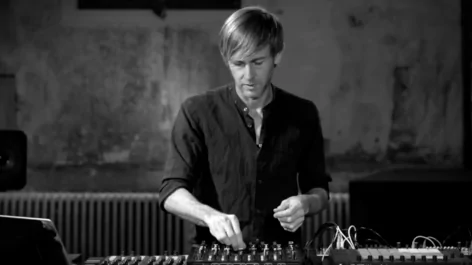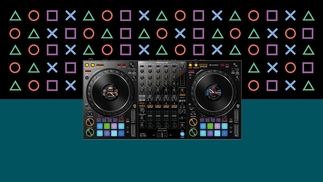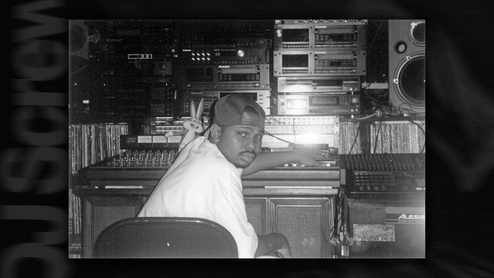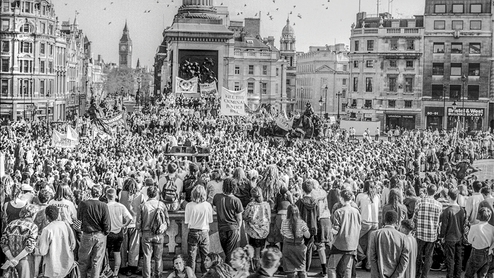2020’s unprecedented upheaval brought with it fundamental changes to the creative industries. Theatres, clubs, studios, venues and festivals all closed their doors and with it...
Search
Results for: work bar
During the pandemic, music tech thrived as the wider music industry fell to its knees. Declan McGlynn explores the possibilities and implications that stemmed the...
As the conversation about how artists can best navigate the streaming economy develops, many musicians and labels are moving towards more independent platforms, selling their...
We meet futurist techno maestro Richie Hawtin for our ADE issue...
Electronic music’s explosion owes a great deal to futurist techno maestro Richie Hawtin. Not only has he made and played some of the most forward-thinking...
The worlds of computer gaming and electronic music are merging like never before, with virtual raves, AI-generated musicians and concerts inside massive multiplayers like Fortnite...
In his new book, Lance Scott Walker tells the story of DJ Screw, the maestro of Houston’s chopped ‘n’ screwed ‘90s rap scene. Here, Marke Bieschke speaks to the author about this unique moment in hip-hop history, and Screw's incredible legacy
1st May 1994 was the first big London protest against the looming Criminal Justice Bill, the piece of legislation that first proscribed a genre of music — rave music, “wholly or predominantly categorised by the emission of a succession of repetitive beats” — in law. Despite widespread demonstrations at what was seen as draconian power-grabs by the UK authorities, the Bill became law later in 1994. Here, Harold Heath looks back at the reaction from the dance music community at the time, and the Act’s lasting impact on the rave scene today
